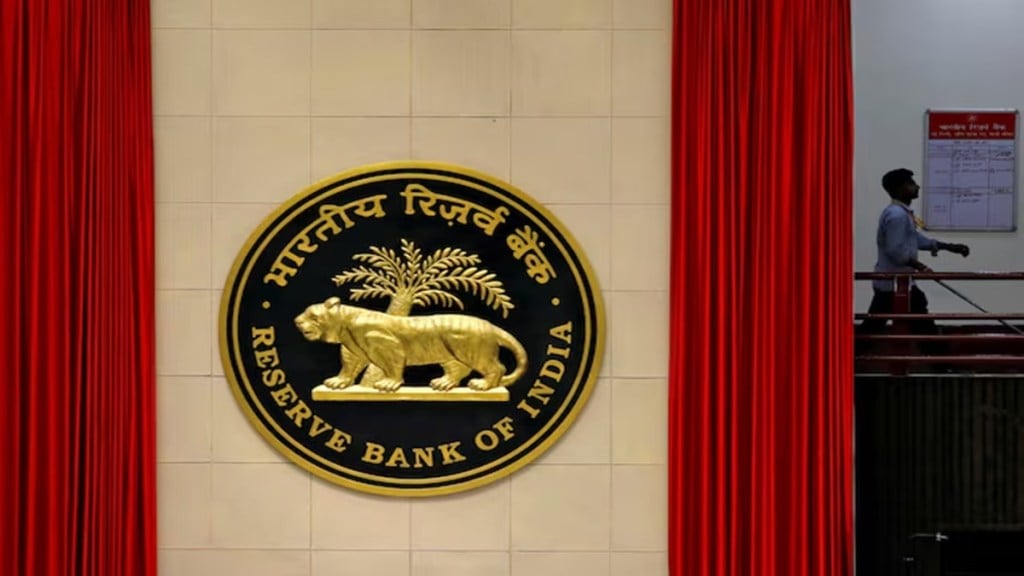Digitisation of land records may pose a hurdle in implementing the Unified Lending Interface, (ULI) sources said. The Reserve Bank of India is planning to launch ULI at a national level to transform the lending sector.
“We are already in talks with fintechs which are testing ULI. And we are even checking it. I think digitisation of land records is going to be a major hurdle. It is a massive task and most states lag in converting land records into the digital form,” said a senior official at a large non-banking financial company.
Land is a state subject and digitisation of land records depends on the willingness and cooperation of state governments. So, coordination and cooperation between the central and state governments is mandatory, said sources.
Some states are also reluctant or slow to digitise land records owing to political, administration, legal or technological constraints. States with shortage of funds, staff and equipment have been facing issues in converting land records into the digital format, said sources.
“ULI is in pilot, but real implementation will be a challenge. Digitisation of land records is a big-scale project and most states are not ready to invest huge some of money in that technology,” said another top NBFC official.
Moreover, land ownership is established through multiple documents maintained by different departments, making it cumbersome to access them. Most of these departments work in silos and do not update data, said the person quoted above.
Industry players said there is also a lack of coordination and standardisation among states in terms of land laws, policies and system, adding another layer of difficulty.
Under the digital public infrastructure, the RBI has planned to launch ULI to streamline the lending process, especially to meet demands of micro, medium and small enterprises and farmers. ULI, as a platform, will facilitate the seamless flow of a customised and digitised financial and non-financial data from multiple platforms.
Lenders would gain access to customer data from various silos, including government databases such as land records and satellite imagery. Fintechs can gain access to a variety of lenders on a single platform and unlock opportunities to provide deeper customer insights.

